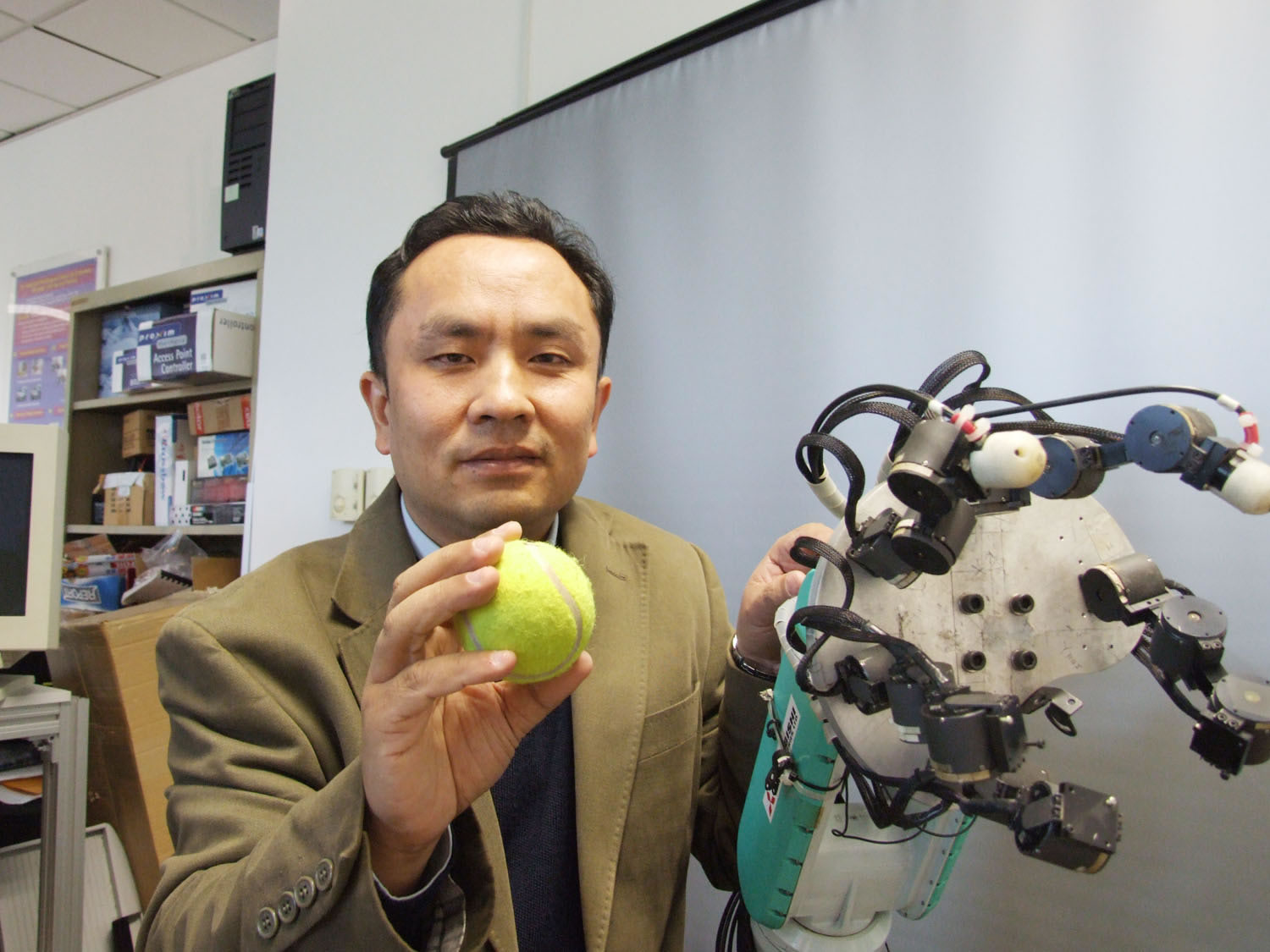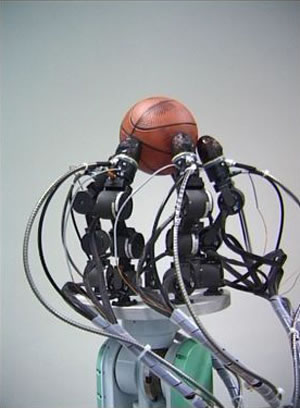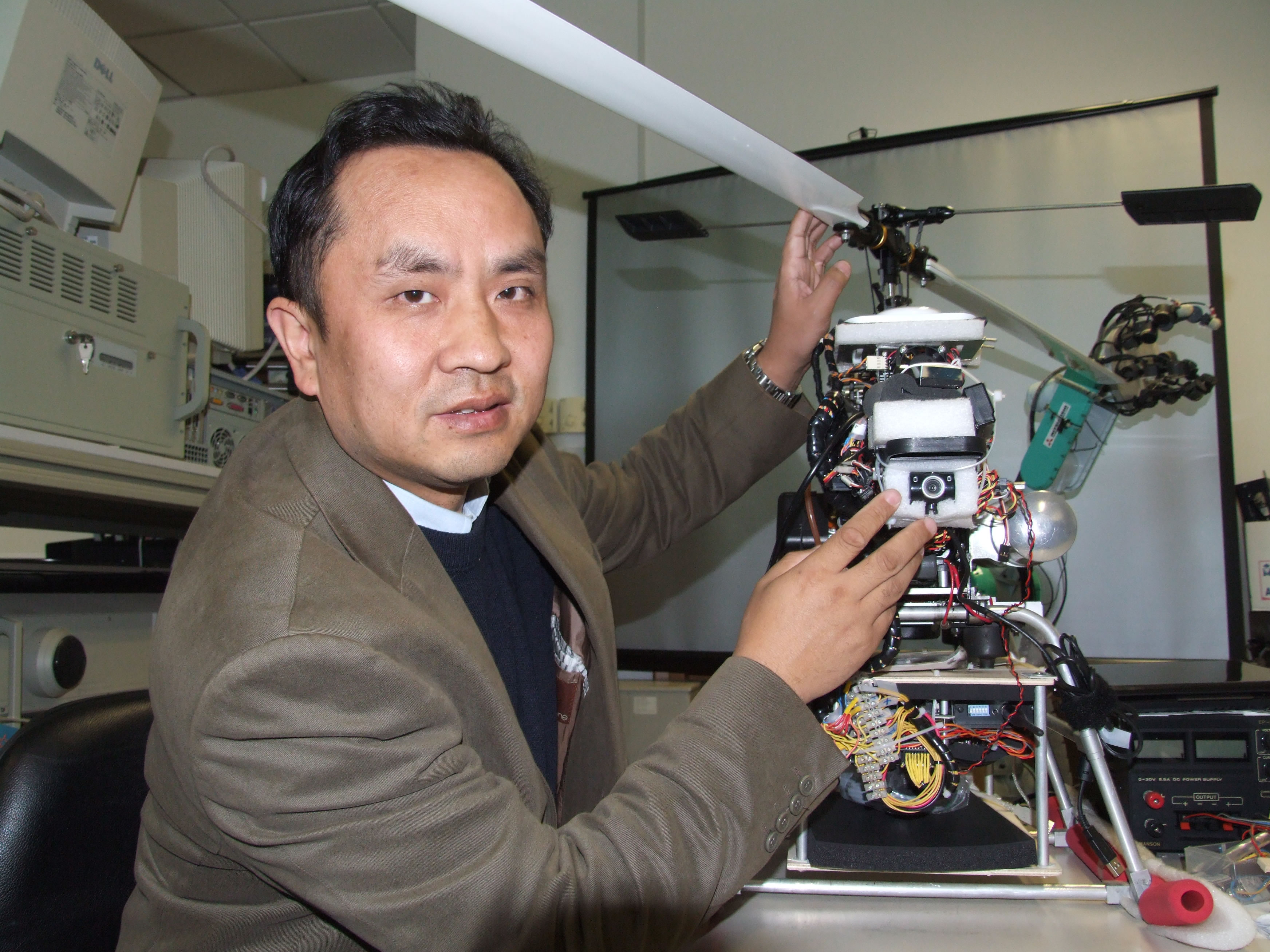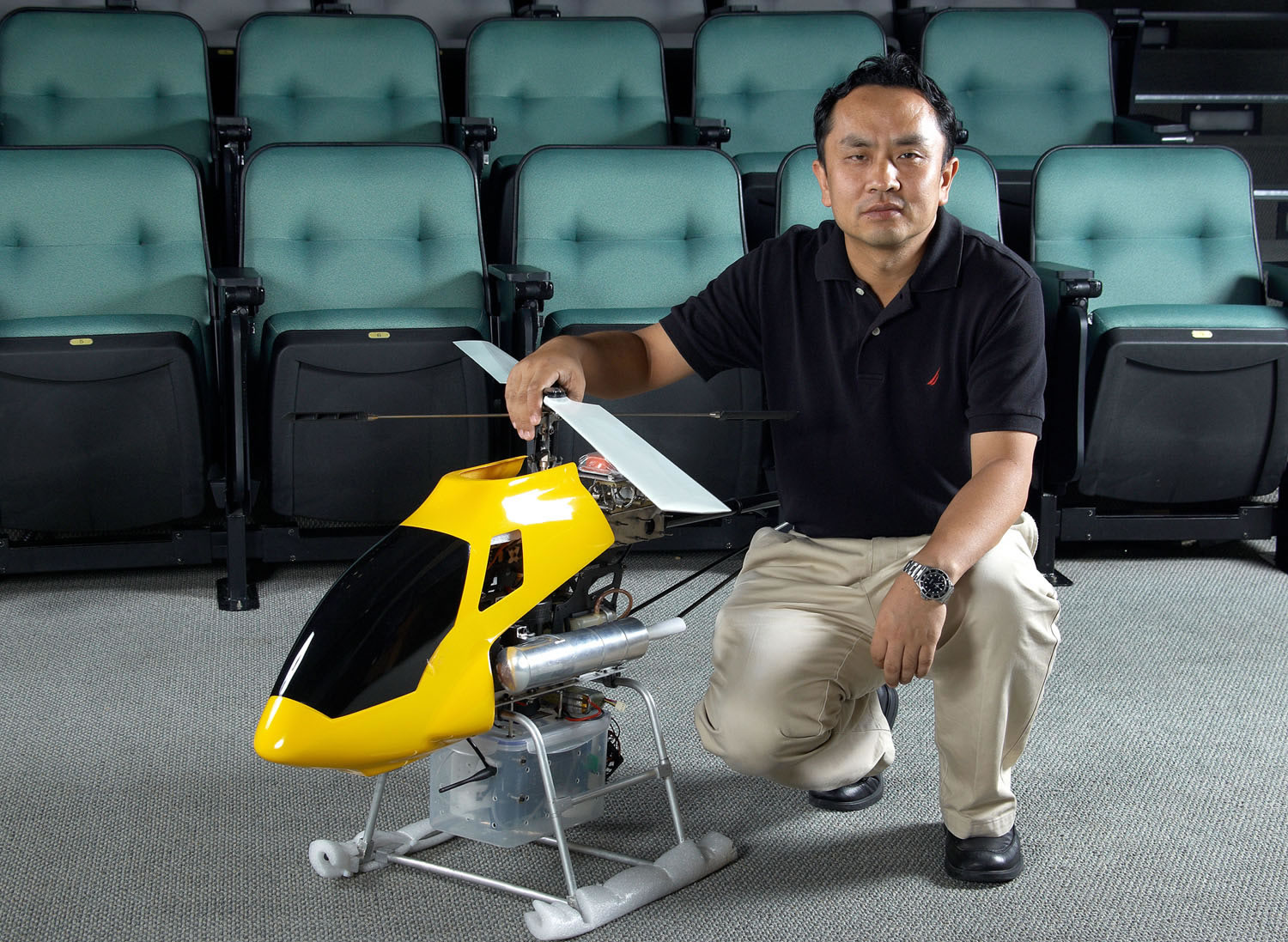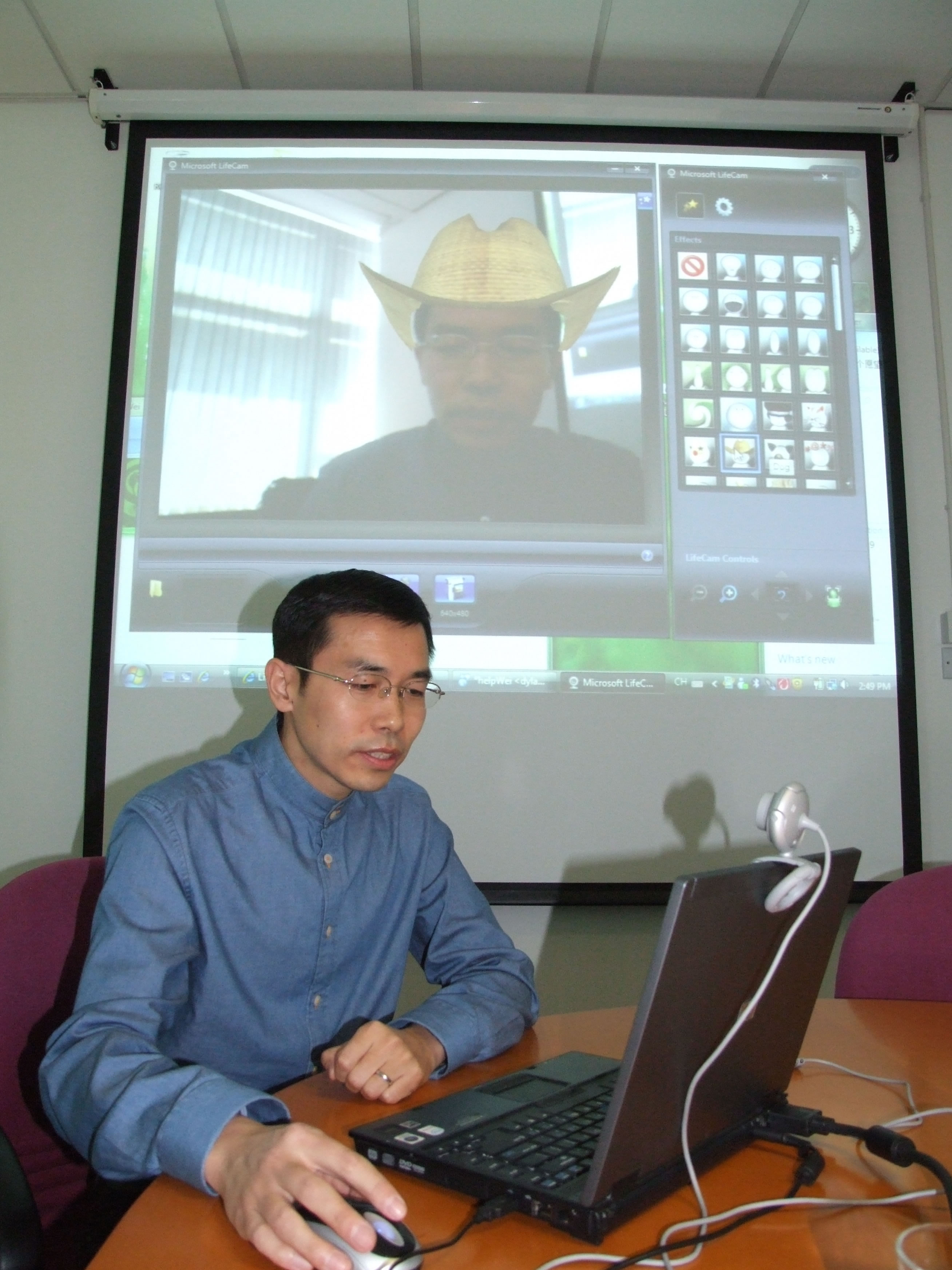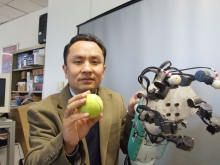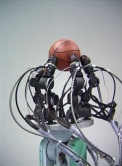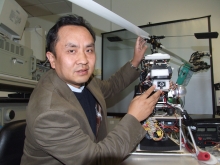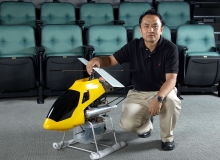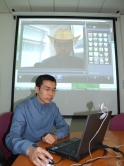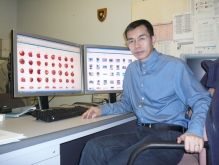CUHK
News Centre
CUHK Continues to Rank Top as Two More Professors Elected IEEE Fellows
Prof. Liu Yun-hui and Prof. Tang Xiao-ou of The Chinese University of Hong Kong (CUHK) have been elected Fellows of the prestigious Institute of Electrical and Electronics Engineers (IEEE) for their extraordinary accomplishments in “robotic multi-fingered grasping and adaptive visual servo systems” and “pattern recognition and video processing” respectively. This year, 302 scholars were elected IEEE fellows worldwide. With the two newly-elected fellows, CUHK continues to rank top among all local universities with a total of 23 IEEE fellows.
Prof. Liu Yun-hui of the Department of Mechanical and Automation Engineering, CUHK, obtained his BEng from the Beijing Institute of Technology, his MEng from Osaka University and his PhD from The University of Tokyo. In recent years, he focused on the study of robotic multi-fingered grasping and developed a real-time algorithm for stability analysis. This algorithm highly improved computational efficiency and grasping stability. The technique can be applied to artificial hands to improve their nimbleness. Besides, Prof. Liu also developed an adaptive visual servo system that can automatically track a specified still or moving object and respond accordingly. Applying this technique to a small helicopter and a microscope separately, the helicopter will be steered automatically to approach moving targets on the ground, while the microscope can automatically identify bacteria, like tubercle bacillus, and make rapid adjustments in focus, which greatly improve the efficiency of laboratory tests.
Prof. Tang Xiao-ou of the Department of Information Engineering, CUHK, is another new IEEE Fellow. He obtained his BS from the University of Science and Technology of China, his MS from the University of Rochester and his PhD from the Massachusetts Institute of Technology. He was the group manager of the Visual Computing Group at Microsoft Research Asia from 2005 to 2007. Prof. Tang specializes in the studies of pattern recognition and video processing. His pattern recognition technique was adopted by MSN.com in its image search function launched recently. While other search engines can only search images by using related keywords, Prof. Tang’s invention can provide a more accurate search result by rapidly comparing colors, shapes and faces in pictures. Besides, Prof. Tang’s video processing technique was also used by Microsoft in its MSN Messenger and web cameras launched about six months ago. This technique can accurately trace the web camera user’s face as it moves at different angles, to add special effects on the user’s face for fun, such as putting on hats, masks, or showing a distorted mirror image.
Prof. Tang Xiao-ou’s video processing technique can accurately trace web camera users’ faces as they move at different angles for adding special effects on faces


